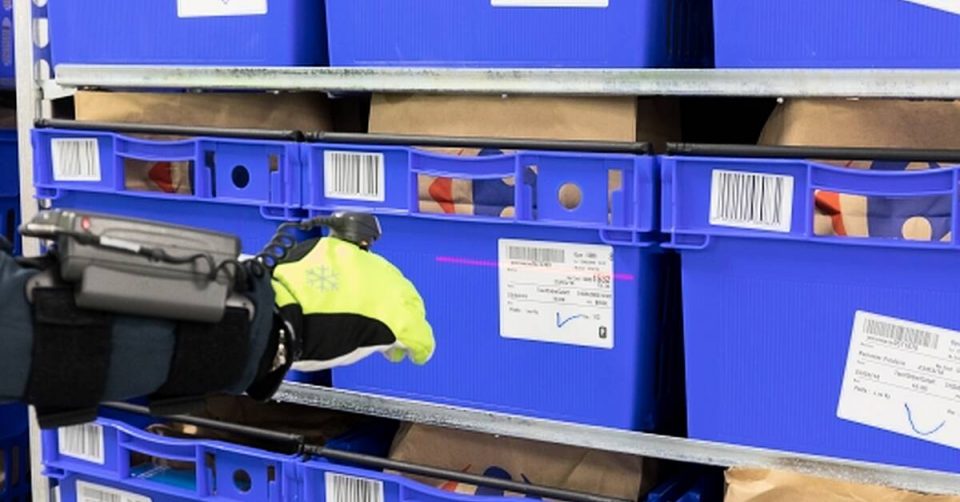Artificial intelligence has become an indispensable tool for European supermarkets, particularly in the fields of demand forecasting and inventory optimisation. French retailers have embraced machine-learning systems to manage stock with levels of precision impossible under traditional forecasting models. This shift is quietly reshaping food retail economics, sustainability strategies, and customer satisfaction.
Modern forecasting platforms analyse vast quantities of data, including historical sales, weather patterns, promotional calendars, seasonality indicators, local demographics and even holiday travel behaviours. AI algorithms use these variables to predict demand for each product at each hour of the day, enabling retailers to minimise both overstock and out-of-stock situations.
For perishable goods — the most problematic category for waste — these insights are especially valuable. By knowing exactly how many baguettes, salads or packs of berries will be needed, retailers can dramatically reduce spoilage. French supermarkets using AI-led forecasting have already reported noticeable improvements in waste reduction, profitability and product freshness.
The benefits extend into supply-chain management. Automated alerts prompt buyers when orders need adjusting, while predictive systems stabilise logistics by smoothing demand spikes. In-store, staff benefit from real-time stock views that guide restocking and adjust labour deployment based on projected activity.
Consumer experience improves simultaneously. Shoppers find fresher products, fewer empty shelves and more consistent availability. Retailers also use forecasting data to shape dynamic pricing strategies, discounting items close to expiry or increasing prices during unusually high demand.
AI forecasting is becoming the backbone of operational excellence. Its rise reflects a broader shift toward smart, data-driven retailing that prioritises efficiency, sustainability and accuracy. As European supermarkets continue to adopt this technology, it will set new global standards for how food retail balances supply with demand.


